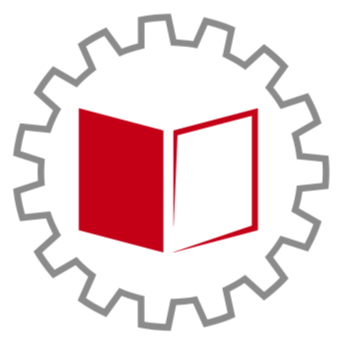A union aims to provide a fair representation of all members and negotiates in good faith on their behalf.
What Are the Union’s Roles?
- Source of information related to working conditions and labour rights.
- Representation for the members in situations such as collective bargaining and grievances in progress.
- Promotion of its members’ and other workers’ interests, objectives and rights of a union.
- Collaboration with other union bodies, organizations, and social groups.
But a union is NOT meant to protect low-performing employees.
Work standards and conduct are just as important in a unionized workplace, and management still has a responsibility to address poor performance. Unions make sure the hiring process is objective, so management can’t just hire and promote their friends.
A union is not a tool to harm the employer.
People who form a union are more satisfied and productive at work. Joining in unions also reduces costly turnover and makes the workplace safer.
Lastly, a union cannot work without members.
Unions are democratic; therefore, a democratic vote of the workers is necessary for a union to make important decisions. Furthermore, a union cannot exert its power on the bargaining table with the employer without members’ action and participation in union activities. See what you can do for your union.
How does a union work for its membership?
Unionizing is the very first step for advocating employees.
However, if members of the union do not participate in union activities, the union’s bargaining power becomes extremely limited.
The employer gauges what they can say yes or no to the union’s bargaining team not based on how loud, logical, or persisting the bargaining team is. Rather, the employer tries to predict any feasible consequences of saying yes or no to crucial demands.
Let’s say the employer expects their employees to not take other collective action such as demonstrating in the future, given that the employees’ participation rate in union activity is extremely low.
Would they feel compelled to say yes to a raise that goes along with the current inflation? For the employer, there is no harmful consequence of rejecting a reasonable demand.
Union Structure
CARE is a directly charted local of the Public Service Alliance of Canada (PSAC). PSAC represents nearly 230,000 workers in every province and territory in Canada and in locations around the world. Formed in 1966, PSAC is one of Canada’s largest unions.
